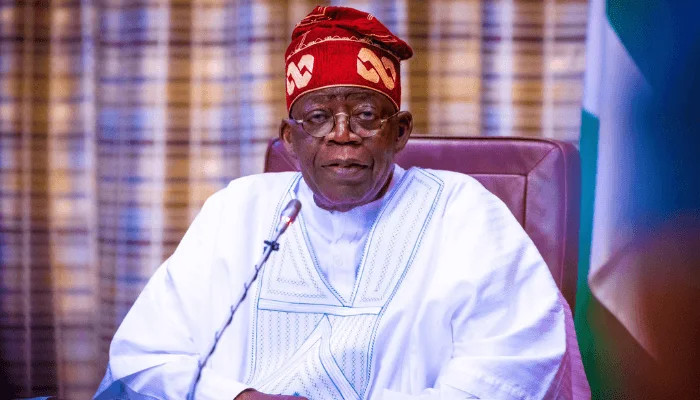The Resource Centre for Human Rights and Civic Education (CHRICED) has criticized President Bola Ahmed Tinubu’s administration for what it described as a lack of meaningful progress in resolving Nigeria’s chronic power crisis, despite lofty campaign promises.
In a statement issued by its Executive Director, Dr. Zikirullahi M. Ibrahim, on Thursday, CHRICED accused the federal government of prioritizing comfort at the State House over the energy needs of ordinary Nigerians.
The group condemned the recent approval of a ₦10 billion solar power project for the Aso Villa, calling it “self-serving and out of touch with national realities.”
“Millions of Nigerians remain in darkness, forced to rely on costly alternative energy sources, while the government builds a solar plant exclusively for the presidency,” Ibrahim said. “This shows the administration itself does not trust the very reforms it claims to champion in the power sector.”
READ ALSO: CHRICED Condemns Rivers State Emergency Rule, Calls For Wike’s Dismissal
The civic group also decried additional allocations of ₦311.09 million for electricity bills and ₦1.99 billion for diesel at the Villa in the 2025 budget, questioning the necessity of such expenses in the presence of a proposed solar installation.
“This pattern of spending is not only frivolous—it is morally wrong, especially amid worsening economic hardship,” CHRICED stated.
CHRICED expressed alarm over the frequent collapse of the national electricity grid, which it termed “economic sabotage,” noting that despite billions of naira invested in power grid expansion and gas pipeline infrastructure, electricity generation still hovers below 4,000 MW—well short of the administration’s 6,000 MW target.
“Neither President Tinubu nor the Minister of Power has taken decisive steps to halt the recurring grid failures,” Ibrahim said. “This is unacceptable and must be met with accountability.”
The group further criticized the recent increase in electricity tariffs, describing it as a “death sentence” for many small businesses already struggling to survive.
“Many businesses are shutting down, laying off workers, or downsizing. Even those on Band A tariffs still face blackouts whenever the grid collapses,” the statement read.
READ ALSO: Natasha Recall: CHRICED Cautions INEC Against Succumbing To Political Pressure
Citing Tinubu’s own remarks admitting the government’s reliance on diesel generators and mounting electricity bills, CHRICED said the president’s statements highlight the depth of dysfunction within the power sector.
To address the crisis, CHRICED made a number of recommendations, including redirecting the Aso Villa solar project funds to rural and small-scale renewable energy initiatives and the immediate dismissal of the Minister of Power.
The group also called for a reversal of electricity tariff hikes to relieve the burden on citizens and businesses and the declaration of a National Solarization Policy aimed at widespread access to solar solutions.
“A genuine commitment to energy reform should start with people-centered policies,” Ibrahim said. “Let the sun shine where it matters most—in the homes and businesses of everyday Nigerians.”
READ ALSO: 31 New States: Plot To Support APC During 2027 Elections, CHRICED Raises Alarm
The organization called for the removal of import tariffs on solar components and the introduction of interest-free credit schemes to support the transition to renewable energy.
“Reducing the load on the grid through solarization will allow the limited 4,000–5,000 MW to serve industries and high-end users more effectively,” CHRICED concluded.
